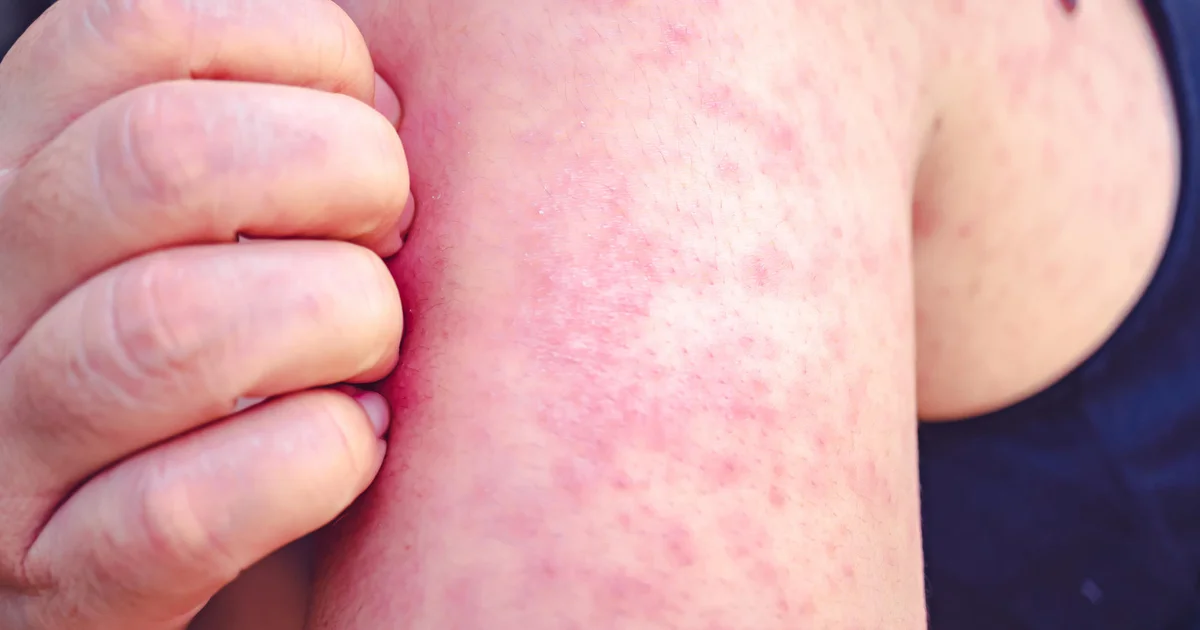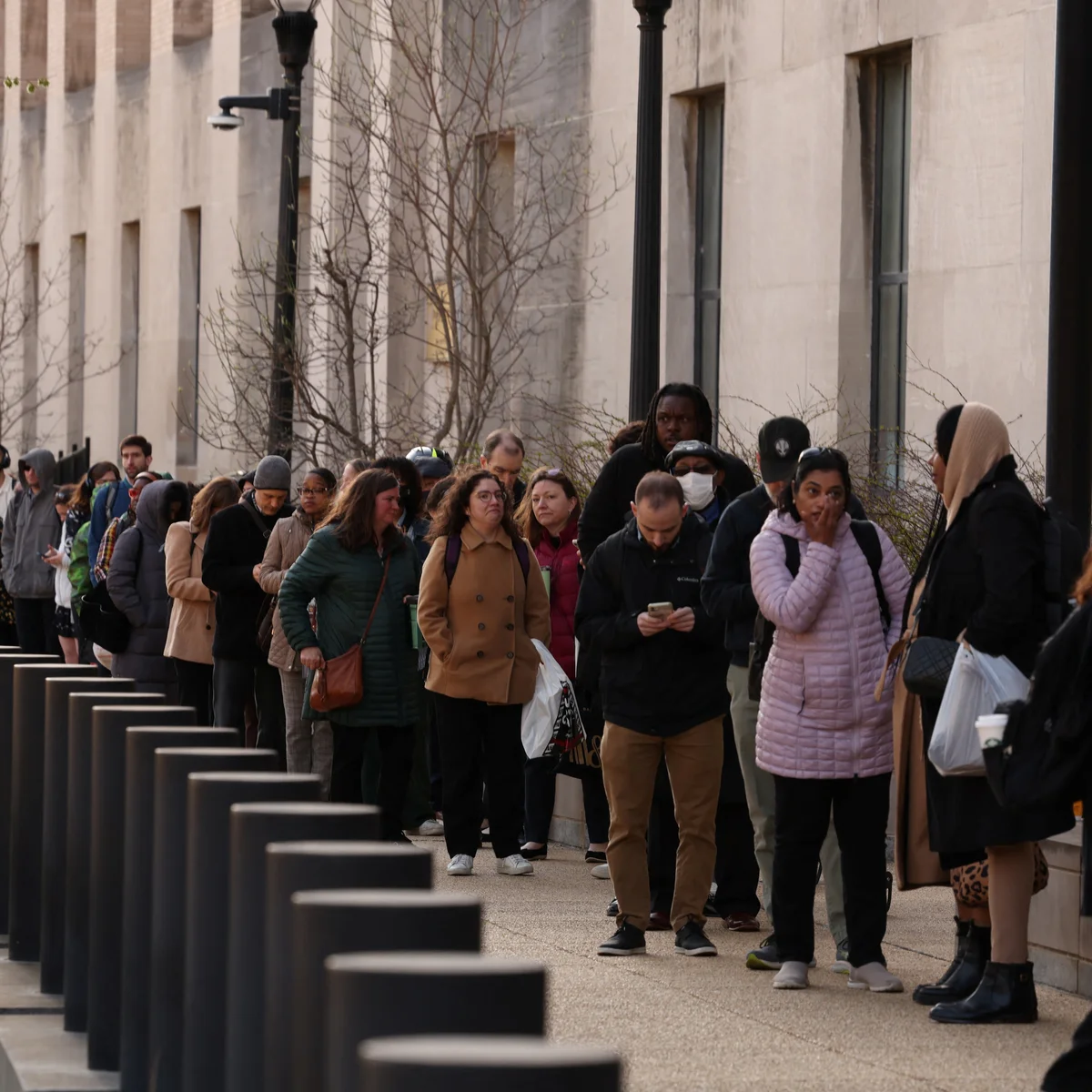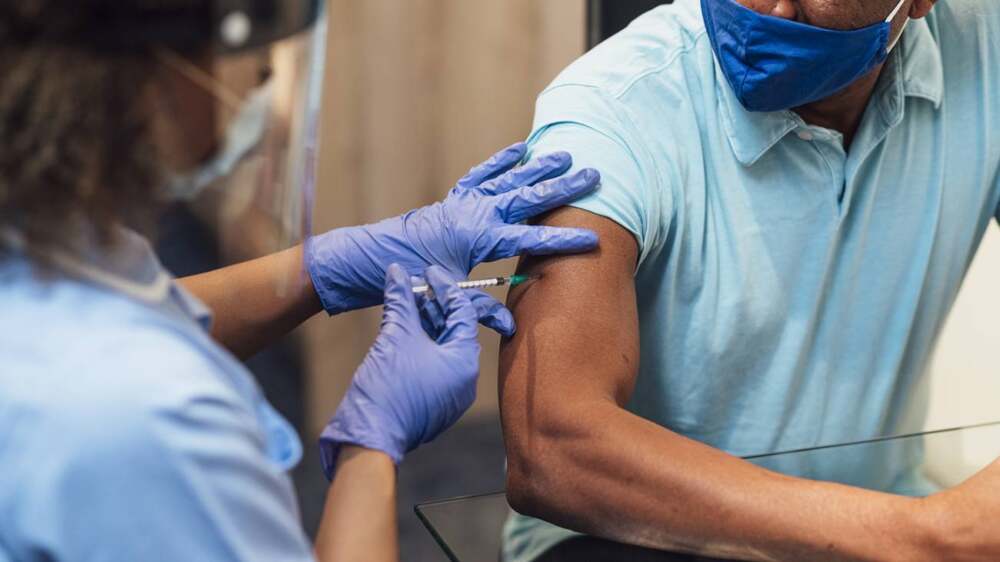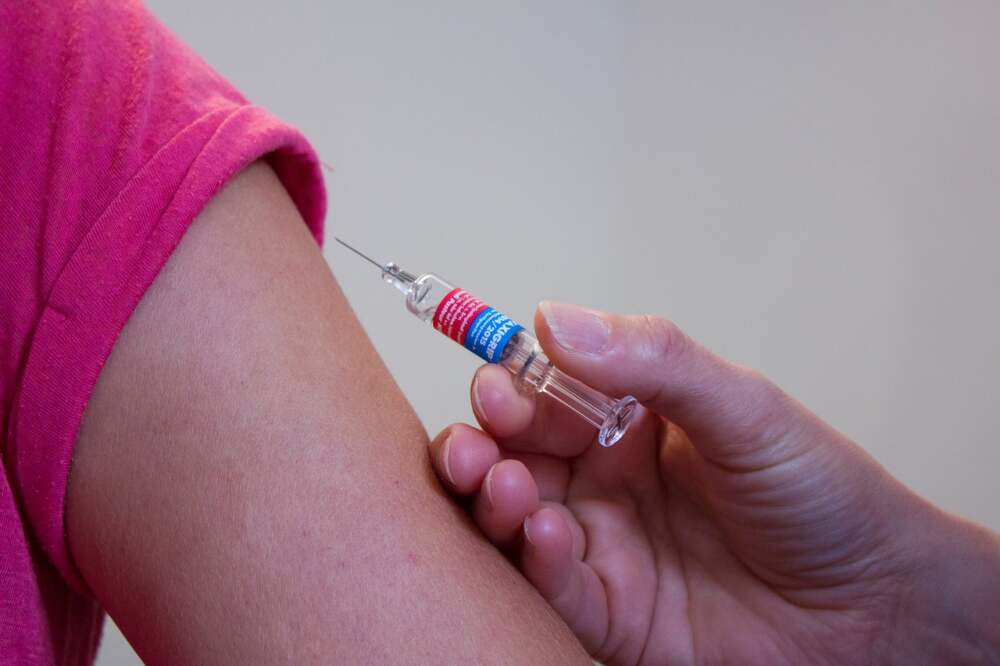Minnesota is facing an alarming rise in measles cases, with the number of infections doubling compared to the previous year. This increase is part of a wider trend across the United States, where health officials are observing a resurgence of measles, a disease once declared eliminated from the country over two decades ago. Public health experts are raising concerns about declining vaccination rates, which they say are fueling outbreaks and putting vulnerable populations at risk.
Measles is highly contagious, spreading through respiratory droplets when an infected person coughs or sneezes. Even brief exposure in crowded settings such as schools, daycares, or public events can result in transmission. Health authorities in Minnesota have identified clusters of cases in communities with lower vaccination coverage, underscoring the crucial role immunization plays in controlling the disease.
The resurgence comes after years of progress toward eliminating vaccine-preventable illnesses. However, misinformation about vaccines, combined with lapses in routine immunization, has contributed to a growing number of susceptible individuals. Experts warn that the situation could escalate if communities fail to act quickly to improve vaccination coverage.
In response to the rising cases, Minnesota’s public health departments are intensifying outreach efforts. Educational campaigns are being launched to highlight the safety and effectiveness of the measles, mumps, and rubella (MMR) vaccine. Healthcare providers are being encouraged to review patient records and ensure that children, adolescents, and adults are up-to-date with recommended immunizations.
“The current outbreak is a wake-up call,” said a pediatric infectious disease specialist. “Measles is not a benign illness. It can lead to serious complications, including pneumonia, encephalitis, and in rare cases, death. Vaccination is the most effective way to prevent these outcomes and protect entire communities.”
Minnesota is not alone in facing this challenge. Several other states are reporting increased measles activity, driven by international travel, localized vaccine hesitancy, and gaps in public health infrastructure. The Centers for Disease Control and Prevention (CDC) is monitoring the situation closely, working with state and local authorities to contain outbreaks and prevent further spread.
The public health response involves more than just immunization campaigns. Authorities are also focusing on rapid identification and isolation of cases, contact tracing, and public education to reduce transmission. Schools, childcare centers, and other community institutions are being advised to follow stringent infection control protocols, including temporary exclusion of unvaccinated children in outbreak zones.
Experts stress that preventing measles outbreaks requires a sustained commitment to vaccination. Unlike many other illnesses, measles is highly transmissible, with a single infected individual capable of infecting 90% of unvaccinated people in close contact. Achieving and maintaining high vaccine coverage is essential to protecting not only children but also those who cannot be vaccinated due to medical conditions, such as immunocompromised individuals.
Parents and caregivers are urged to review vaccination records and speak with healthcare providers to ensure their families are protected. Public health officials also emphasize that timely vaccination before international travel is critical, as measles remains prevalent in certain regions abroad.
The Minnesota outbreak serves as a sobering reminder of the consequences of declining vaccination rates. While vaccines have proven to be one of the most effective tools in public health, complacency and misinformation threaten to undo decades of progress. Swift action, community education, and adherence to immunization guidelines are key to containing the current outbreak and preventing future surges.
As health authorities continue their efforts, the message to the public is clear: measles is preventable, and vaccination remains the most reliable defense. Communities that embrace timely immunization, accurate information, and proactive healthcare measures are best positioned to protect children and vulnerable populations from this highly contagious disease.
















Leave a Reply